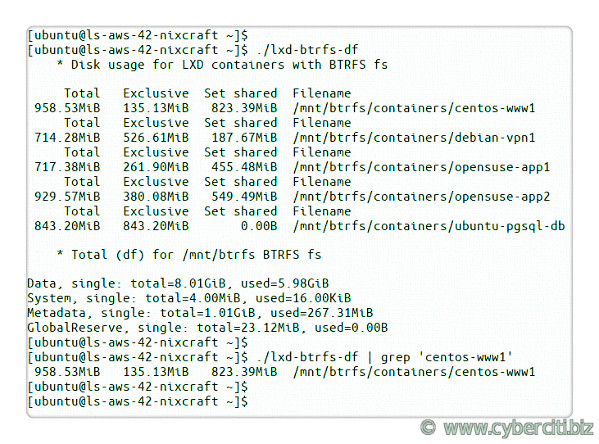Multipass vs. LXD: A Comprehensive Comparison

When it comes to containerization technologies, LXD and Multipass are two of the most popular container management solutions. While these two technologies share some similarities, they do have some fundamental differences.
In this blog post, we'll provide a comprehensive comparison of Multipass and LXD to help you decide which one is best suited for your needs.
What is Multipass?
Multipass, formerly known as 'Ubuntu Multipass,' is a lightweight, cross-platform, and easy-to-use virtual machine (VM) manager that allows you to launch and manage Ubuntu virtual machines instantly. Multipass is designed to be faster, cheaper, safer, and more convenient than traditional virtual machines.
Multipass enables you to create as many Ubuntu VMs as needed, each with different versions, configurations, and applications. Multipass can be used to develop, test, deploy, and debug your applications in a sandboxed environment quickly.
With Multipass, you can take advantage of VM features like full hardware virtualization, kernel same-page merging (KSM), copy-on-write disk backing, and nested virtualization.
Multipass Syntax
The Multipass syntax is especially similar to LXD's, making it more accessible to those who have experience with LXD. Here's an example of how to create a new Ubuntu virtual machine using Multipass:
```
$ multipass launch --name vm1
```
This command will create a new Ubuntu virtual machine with the name 'vm1.' Multipass will download the Ubuntu image if it is not already on your system, then launch the virtual machine.
What is LXD?
LXD is a container management solution that provides a lightweight, secure, and efficient way to run Linux containers. LXD is built on top of LXC (Linux Containers) and offers a more user-friendly, API-driven, and customizable experience for container management.
LXD enables you to create and manage multiple containerized applications running on the same host, each isolated from the others, without the overhead of a traditional VM.
LXD provides advanced features like live migration, storage management, networking, and security, making it an excellent choice for production environments.
LXD Syntax
Here's an example of how to create a new LXD container using the command-line interface:
```
$ lxc launch ubuntu:20.04 my-container
```
This command will create a new LXD container based on the Ubuntu 20.04 image and name it 'my-container.' LXD will automatically download and set up the Ubuntu image and launch the container.
Multipass vs. LXD: Key Differences
1. Virtual Machines versus Containers
The most significant difference between Multipass and LXD is that Multipass manages virtual machines, while LXD manages Linux containers. Virtual machines emulate an entire operating system, including its kernel, while containers share the host's kernel and only isolate the processes.
Virtual machines are more isolated and more secure than containers, but they come with a higher overhead and require more resources. Containers are lighter, faster, and more portable than VMs but have less isolation.
2. Use Cases
Multipass is best suited for development and testing scenarios, where developers can create VMs for different workflows and test their applications in different environments. In contrast, LXD is best suited for production environments, where multiple applications need to run on the same host, isolated from each other, and efficiently managed.
3. Resource Usage
Multipass VMs require more resources than LXD containers. VMs require their own virtual hardware, including CPU, RAM, disk, and network, while containers share the host's resources. Multipass VMs are more powerful and isolated, but they also consume more resources.
4. Management Interface
While Multipass and LXD have similar syntax, they have different management interfaces. Multipass has a graphical user interface (GUI) for managing VMs, while LXD has an API-driven interface and a command-line interface (CLI). Developers who prefer a GUI might find Multipass more intuitive, while those who prefer automation and scripting might prefer LXD.
Conclusion
Both Multipass and LXD are excellent container management solutions that offer unique features and use cases. Multipass is an excellent choice for developers who need to create and test VMs quickly, while LXD is the best choice for production environments that require robust and efficient container management.
Choosing between Multipass and LXD requires a clear understanding of your requirements, resources, and workflow. Hopefully, this comparison guide has helped you make an informed decision.